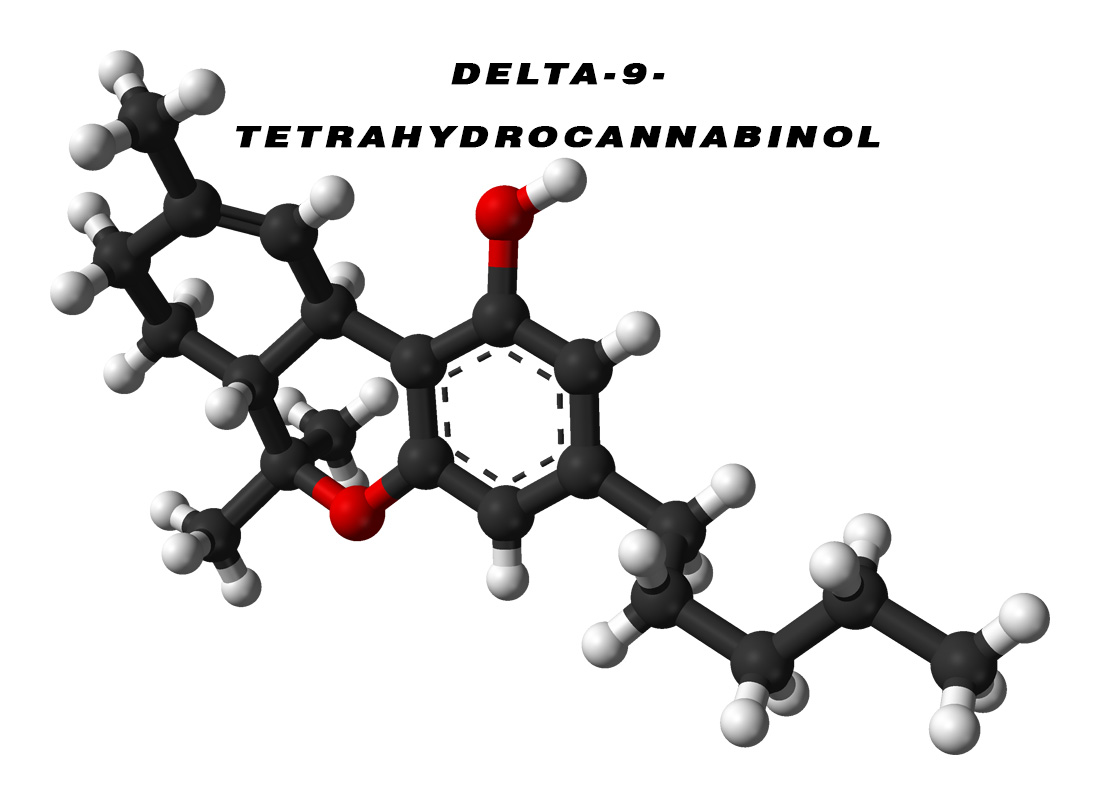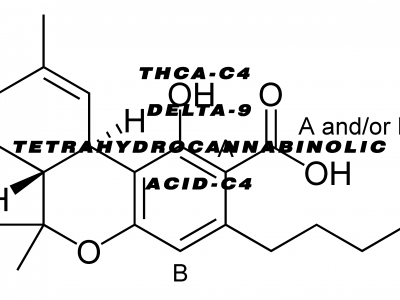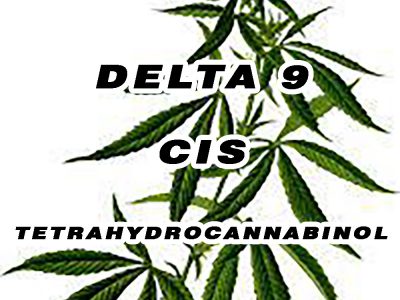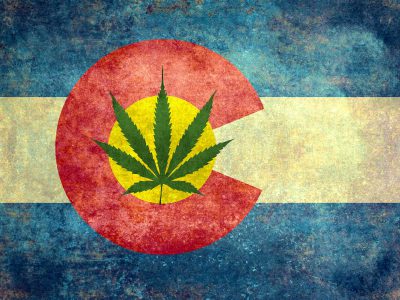What You Need to Know about Delta-9-Tetrahydrocannabinol

Delta-9-Tetrahydrocannabinol is one of the primary and famous psychoactive ingredients in the cannabis plant or marijuana. Depending on the specific plant, either cannabidiol or THC is the most abundantly found cannabinoid in the marijuana.
As we know the effect of THC on the human body are included in the effects of cannabis or marijuana but not all the marijuana effects are necessarily because of THC. Not to mention, cannabinoids are formed in the epidermal glands on the cannabis leaves, particularly the upper ones, small stems and all the bracts that fully support the marijuana plant flower.
If we speak of flower, it has no epidermal glands. It contains the highest cannabinoid that can be present anywhere on the cannabis plant. This might be due to the accumulation of the resin that is secreted by the bracteole (supporting small leaf-like area below the flower).
So far, Delta-8-THC and Delta-9-THC are the only compounds present in the marijuana plant which causes all the psychoactive effects of the cannabis or marijuana. Since delta-9-THC is present in a lot more amount and is much more abundant than its close cousin Delta-8-THC, the whole psychoactivity of the cannabis or marijuana has been attributed solely to the effects of Delta-9-THC.
Behavioral Effects of THC
As per the recent studies, the behavioral effects related to THC are all receptor-mediated. The brain neurons are activated when a compound fully binds to the receptor (a protein substance typically present on the surface of the cell). Thus, the effects of THC are only exerted after binding to the receptors.
Binding to the receptor sets off an event or even a series of events in the cell which result in a particular change in the activity of the cell. Also in its gene regulation including the signals, it sends to all neighboring cells.
As the National Institute on Drug Abuse stated in the section ‘NIDA For Teens’ specific to marijuana on their website;
THC causes no good to the brain. It finds neurons or brain cells with particular kind of receptors that are called cannabinoid receptors. Then it gets binds to such receptors. When THC gets attached to a neuron, it starts interfering with the normal communication among neurons. You can think of it as a distortion in the phone line that results from the use of phone service by multiple users at once.
For instance, if Neuron A must tell the Neuron B to form a new memory, and if THC is present in the mix, the communication is most likely to fail.
Some of the brain areas contain high amounts of cannabinoid receptors. This may include the cerebellum, hippocampus, the cerebral cortex and basal ganglia. As THC makes its way into the brain cerebellum, it’s like scoring a goal in the football game.
Indeed, there is a need for more research work to be conducted on delta-9-THC. This research will help in understanding the effects of this highly psychoactive substance on the human brain.






